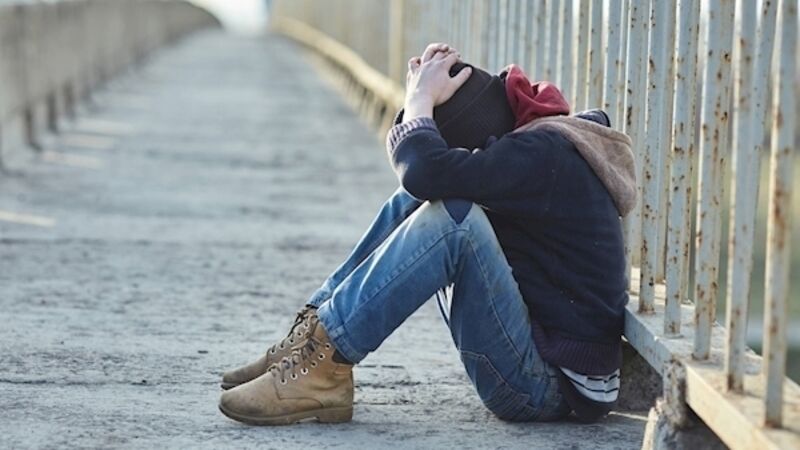Small group of homeless account for half of beds over four years

A small group of chronically homeless people accounted for half of all bed nights in emergency accommodation over a four year period, according to new research.
The study was conducted by a team led by Richard Waldron, lecturer in the school of natural and built environment at Queen’s University Belfast.













